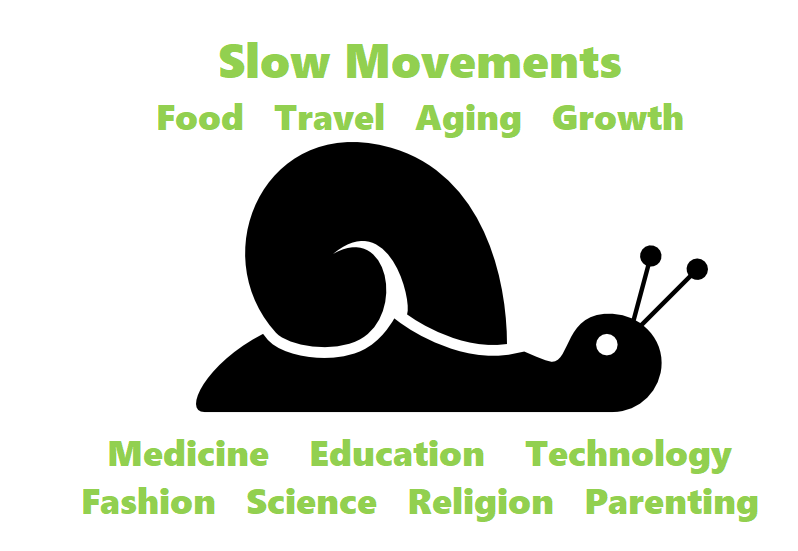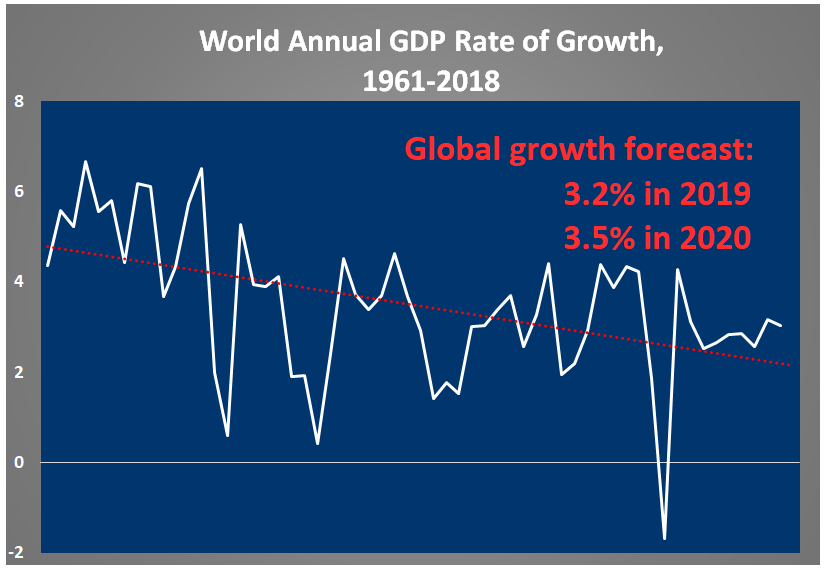Slowbalization: Lobe Log
Slowbalization: Lobe Log
 Read the article from Lobe Log about the slowdown in globalization in many parts of life.
Read the article from Lobe Log about the slowdown in globalization in many parts of life.
John Feffer is the director of Foreign Policy In Focus at the Institute for Policy Studies. He is also the author, most recently, of Aftershock: A Journey into Eastern Europe's Broken Dreams (Zed Books). He is also the author of the dystopian Splinterlands trilogy (Dispatch Books). He is a former Open Society fellow, PanTech fellow, and Scoville fellow, and his articles have appeared in The New York Times, Washington Post, Los Angeles Review of Books, Salon, and many other publications.
Also read “Slowbalisation: The Steam Has Gone Out of Globalization” from the Economist.

Downward trend: The World Bank is more pessimistic than the International Monetary Fund on economic growth projections, forecasting 2.6 percent for 2019 and 2.7 percent for 2020 (Source: 1960 to 2018 data, World Bank; 2019 and 2020 data, International Monetary Fund)